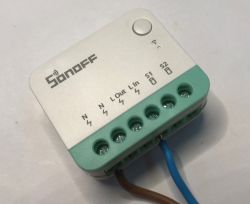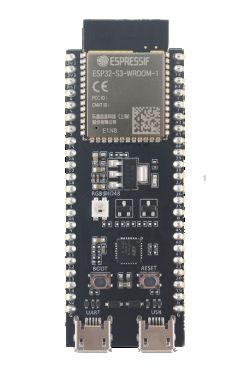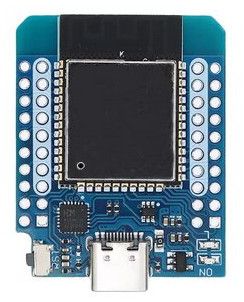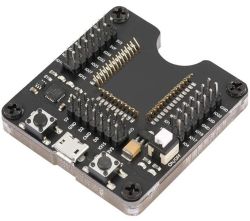I would like to familiarise myself with ESP32 chips.
I am familiar with other chips, but would still like to try to use a chip from this family as well.
Could you recommend an inexpensive module, it doesn't necessarily have to be some kind of complex platform, something cheap but still developable.
At the same time, I could use a brief overview of the circuits. I know I could have a look at the documentation of the chips, but such a short characteristic would help me to make a preliminary selection.
And user experience is always an invaluable help, what to look out for and what to avoid.
Helpful post? Buy me a coffee.
I am familiar with other chips, but would still like to try to use a chip from this family as well.
Could you recommend an inexpensive module, it doesn't necessarily have to be some kind of complex platform, something cheap but still developable.
At the same time, I could use a brief overview of the circuits. I know I could have a look at the documentation of the chips, but such a short characteristic would help me to make a preliminary selection.
And user experience is always an invaluable help, what to look out for and what to avoid.








